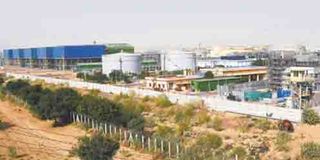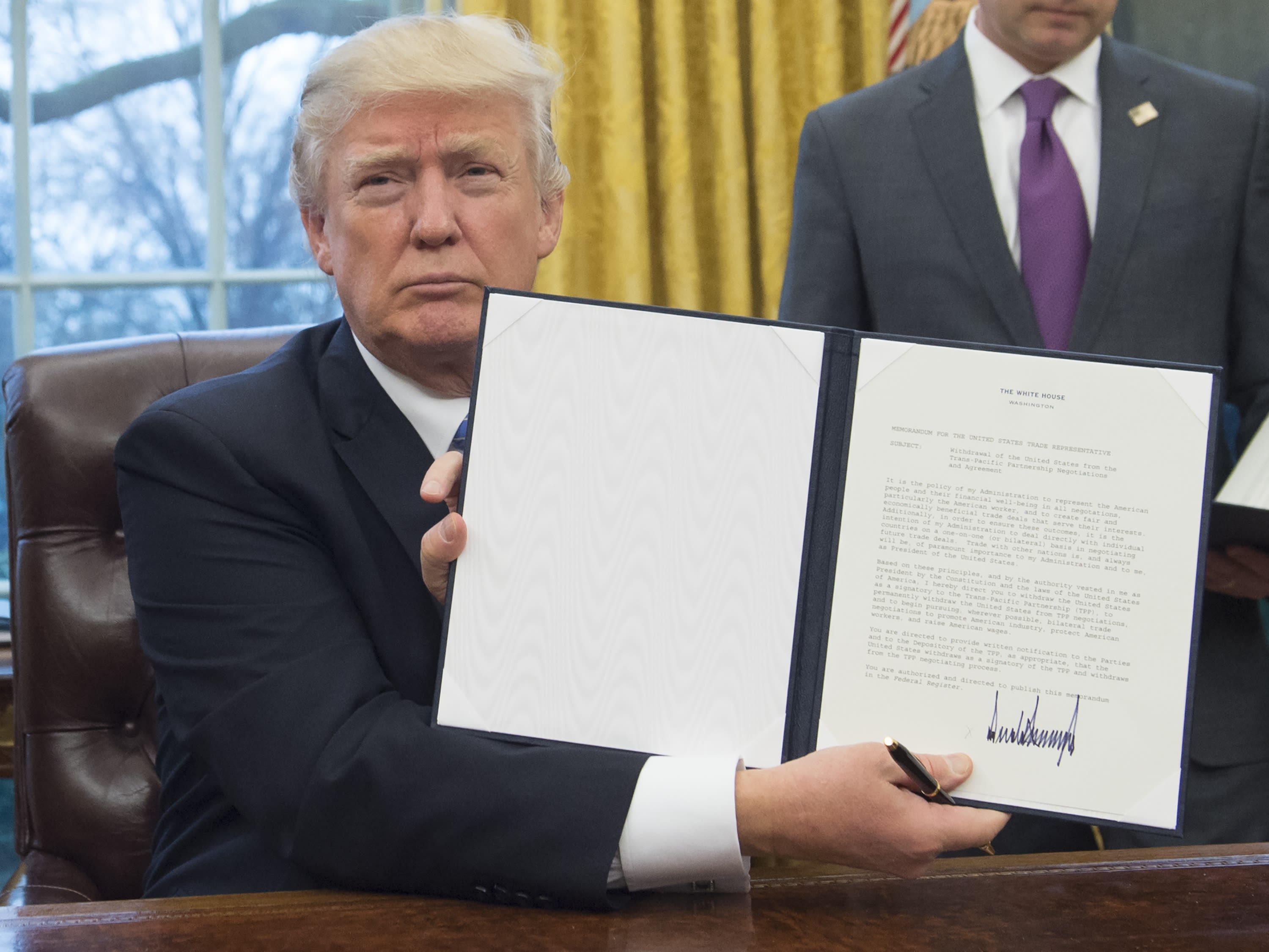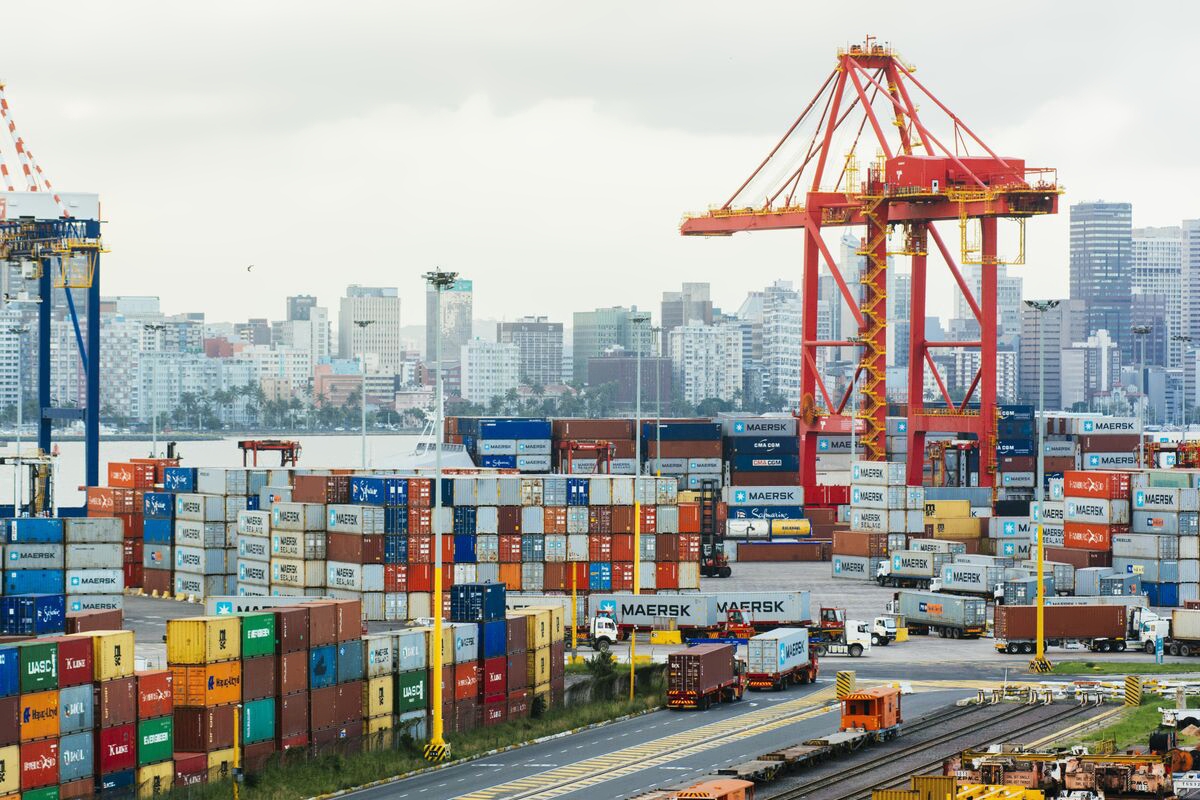Dreaming of energy security, India firm pumps desert oil

General view of Cairn India, oil and gas exploration plant, in Barmer, Rajasthan. The deserts of Rajasthan may be the showcase for India's solar revolution but the oil explorer that struck gold beneath the same sands insists the country needs to pump out more fossil fuel to wean itself off imports. PHOTO|AFP
What you need to know:
Ahead of this month’s climate negotiations in Paris, India sought to deflect criticism by pointing to the solar panels and wind turbines sprouting across the sparsely-populated princely state.
Barmer, India. The deserts of Rajasthan may be the showcase for India’s solar revolution but the oil explorer that struck gold beneath the same sands insists the country needs to pump out more fossil fuels to wean itself off imports.
Ahead of this month’s climate negotiations in Paris, India sought to deflect criticism by pointing to the solar panels and wind turbines sprouting across the sparsely-populated princely state.
Yet deep in the desert, and less well-publicised, are four oil fields operated by an offshoot of Scotland-based Cairn Energy that churn out nearly a quarter of all domestic crude.
Each day the world’s longest heated pipeline funnels 176,000 barrels from the remote Barmer region near the Pakistan border, bound for the refineries of Reliance Industries, Essar Oil and Indian Oil Corporation.
Exploration continues apace, with less than half the state’s 150,000 square kilometres (58,000 square miles) thought to contain crude deposits developed so far, and millions more barrels likely still trapped in the rock.
Oil magnates echo Prime Minister Narendra Modi’s insistence that the world’s third-biggest carbon-emitter must keep polluting to power its way out of poverty.
“We would all like solar power and clean energy, but the reality is today you need all kinds of energy -- you need clean energy, you need fossil fuels,” Cairn India’s chief executive Mayank Ashar told reporters on a site visit.
“A country like India can either make the fossil fuels, or it can import it. And making it is a lot better.”
India already imports three-quarters of its oil and as its fast-growing economy sucks up more and more fuel, the International Energy Agency (IEA) projects this will rise above 90 percent. Its few domestic fields like Barmer and Bombay High off the coast of Mumbai go only a short way to countering its import dependence.
“When it comes to oil and gas we have a strategic vulnerability,” Ashar said.
Desert lives
The discovery of oil in a region so harsh it was once considered a punishment posting for civil servants was hard won.
Shell, which first got the licence to explore Barmer in 1995, had given up after several wells came up dry, but its maverick geologist Mike Watts, who was convinced it held potential, moved to Cairn and kept searching. Cairn drilled 13 wells before hitting an abundant flow of highly paraffinic crude in 2004, the world’s biggest discovery of onshore oil that year.
Two years later as engineering was underway, flash floods rendered the site unusable. But Cairn regrouped and in the decade that followed impoverished Barmer, whose farmers were once wholly at the mercy of sporadic rainfall, became a bustling oil town. “This is changing the lives of the people in the desert,” Deepak Upreti, principal secretary to the Rajasthan government, told AFP.
More than a dozen luxury hotels have sprung up to cater to oil executives. Local businesses set up to serve the industry have generated a market worth 15 billion rupees ($225 million) in procurement.
Yet it sits somewhat uneasily with Rajasthan’s status as the biggest solar-producing state -- seeking to install 25,000 megawatts (MW) of India’s ambitious target for 100,000 MW of solar energy capacity by 2022.
In Paris, Modi launched a 121-nation alliance committed to dramatically boosting solar power and acknowledged “the energy sources of the industrial age have put our planet in peril”. (AFP)




